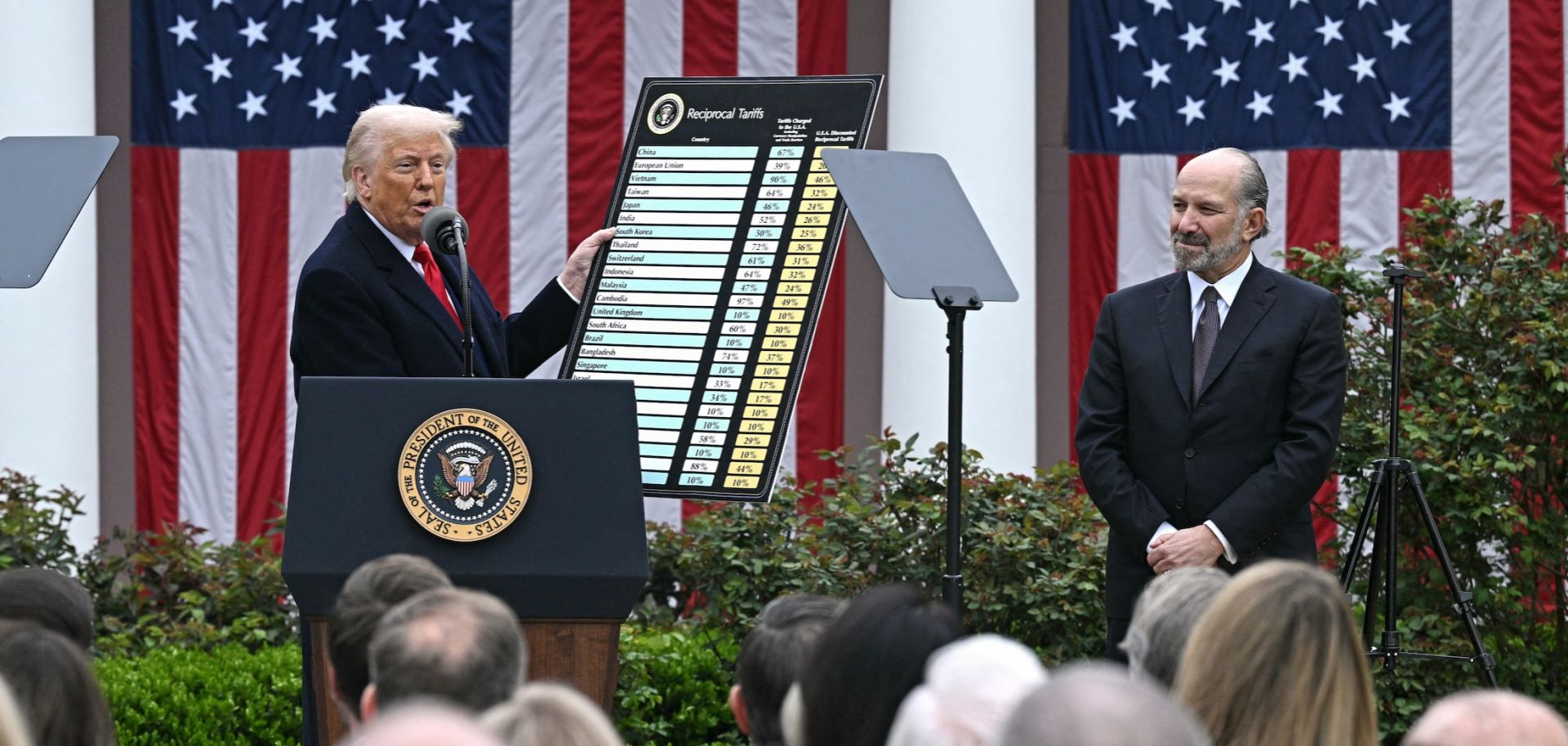New U.S. tariffs will slow global economic growth, increase inflation, worsen inequality in the United States, and trigger significant retaliation. While deals to suspend or reduce tariffs may be possible, most countries are unlikely to receive a reprieve in the short term. U.S. President Donald Trump's April 2 ''reciprocal'' tariff plan shocked financial markets and the rest of the world by going well beyond what many governments and investors had been expecting. Trump unveiled a 10% tariff on all U.S. trade partners and higher rates for virtually all countries that have a trade surplus with the United States. Canada and Mexico are exempt from the new tariffs, and Trump also extended the exemptions of USMCA-compliant goods from 25% tariffs placed on Canada and Mexico that were due to expire on April 2. The 10% universal tariffs will go into effect on April 5 and the higher tariffs will go into...

